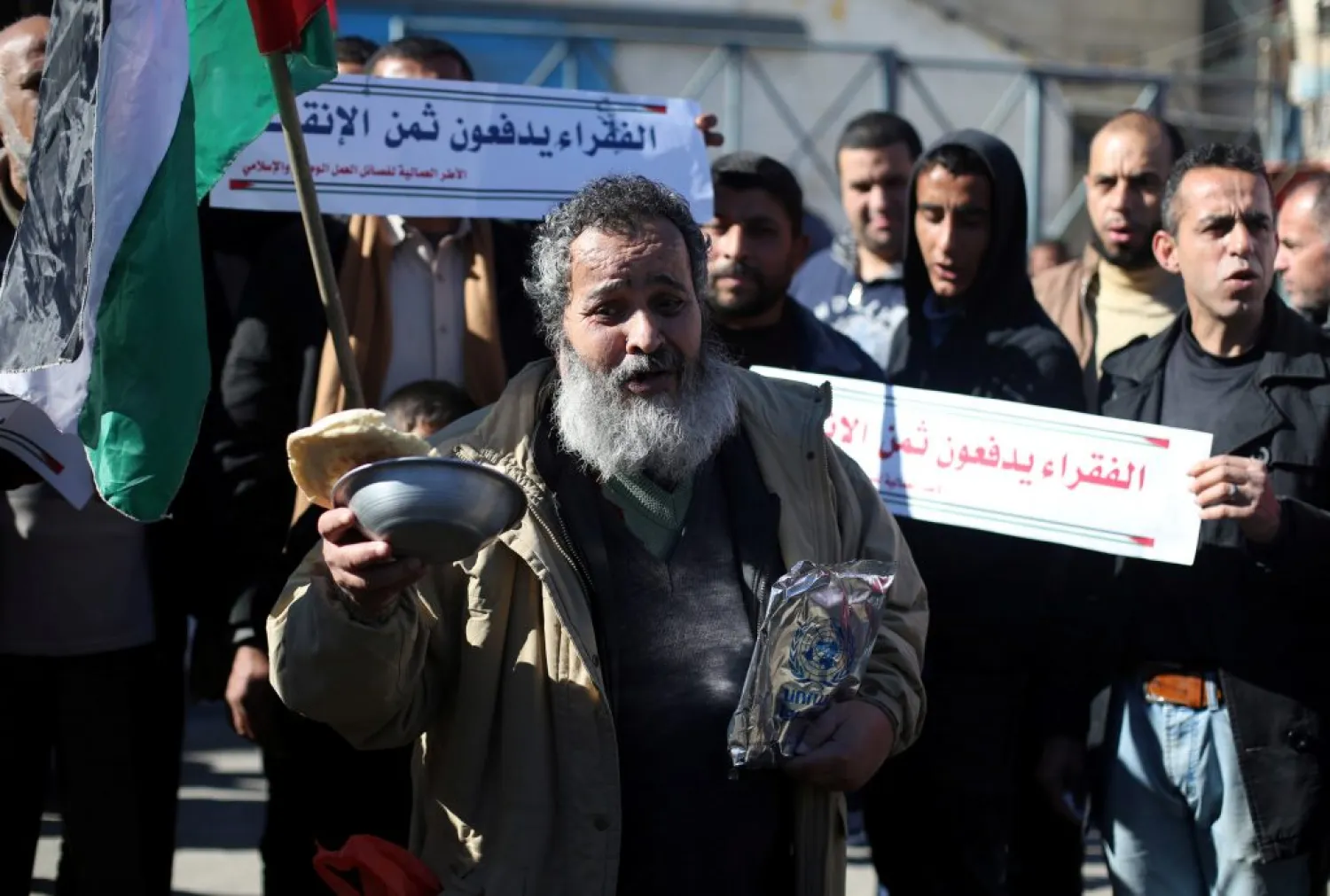The United States held back $65 million that had been destined for the United Nations relief agency for Palestinians (UNRWA) on Tuesday, two weeks after President Donald Trump threatened future payments.
The State Department said $60 million of what had been a planned $125 million package would go through to keep the agency running, but the rest will be withheld for now.
"This is not aimed at punishing anyone," spokeswoman Heather Nauert told reporters.
"The United States government, and the Trump administration, believe that there should be more so-called burden-sharing to go around," she said.
"We would like other countries, in fact other countries that criticize the United States for what they believe to be our position vis-a-vis the Palestinians... to step forward."
The head of UNRWA, Pierre Krahenbuhl, expressed alarm and immediately called on other UN members to contribute.
He said the $60 million would keep schools and hospitals open for now, but noted that it was dramatically lower than the $350 million Washington paid over the course of 2017.
"Funding UNRWA or any humanitarian agency is the discretion of any sovereign member state of the United Nations," he said, in a statement.
"At the same time, given the long, trusted, and historic relationship between the United States and UNRWA, this reduced contribution threatens one of the most successful and innovative human development endeavors in the Middle East."
Palestine Liberation Organization official Wasel Abu Youssef also immediately criticized the move, casting it as a deliberate US effort to deny the Palestinians their rights and linking it to Trump's widely criticized Dec. 6 decision to recognize Jerusalem as Israel's capital.
The State Department's position raised skepticism in the light of a tweet sent by Trump on January 2, at the time when the $125 million contribution had been due to be paid.
"We pay the Palestinians HUNDRED OF MILLIONS OF DOLLARS a year and get no appreciation or respect," Trump wrote.
"They don't even want to negotiate a long overdue peace treaty with Israel," he protested, adding: "Why should we make any of these massive future payments to them?"









